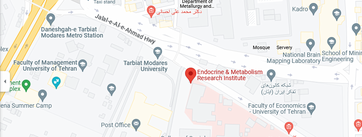Poly-ε-Caprolactone/Propolis Electrospun Yarns as Suture
Electrospinning is a well-known promising technique for the cost-effective and rapid fabrication of therapeutic-loaded nanofibers. Electrospun fibers have many merits that give them prospects in the production of therapeutic-loaded sutures.

Electrospinning is a well-known promising technique for the cost-effective and rapid fabrication of therapeutic-loaded nanofibers. Electrospun fibers have many merits that give them prospects in the production of therapeutic-loaded sutures. Despite the desirable properties of electrospun fibrous yarns, they have no prospective mechanical properties as a suture. Hence, improving the mechanical properties of the electrospun yarns is an open issue. This work applied electrospun composite mats consisting of poly-ε-caprolactone (PCL)/propolis ethanolic extract (PEE) with random and aligned morphological features of fibers to fabricate yarns. The PCL-PEE yarns were fabricated by twisting a ribbon-like part of these mats. Then, these yarns were characterized and evaluated as sutures. In vitro yarn release was followed during 221 h. Tensile testing of yarns was also studied.
In addition, in vitro cell culture studies for the biocompatibility of MG-63 and human dermal fibroblast cells on the sutures and also antifungal and antibacterial effects of the sutures were assessed. These sutures were used for suturing an induced-wound rat model to follow in vivo effectiveness. Histopathological investigations were also done. Consequently, a PEE-PCL suture with elastomeric, mechanical, antibacterial, and antifungal properties and accelerated wound-healing features provides a proper and promising suture




ارسال نظر